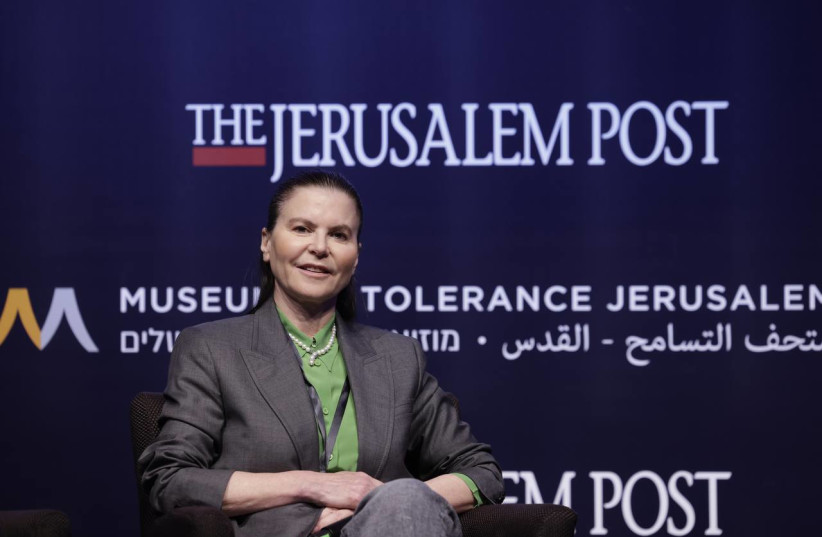Promoting diversity can lead to practical benefits, a panel learned at the “Celebrate the Faces of Israel” conference in Jerusalem on Thursday. Eyal Waldman, founder of Waldo Holdings and former president and CEO of Mellanox, explained how this particularly applies in relation to Return on Investment (ROI).
“It’s all about human resources,” he said. “When you find very smart people who are able to bring them into the company, it can be very successful. You get the cream of the cream of the best employees, and the ROI for the company is much better.”
That’s not to say that Waldman didn’t encounter difficulty in trying to get everyone to work together. “We had some extremes from both sides – from settlers and nationalist Arabs – and there was some negative friction. They could not work together. I tried to understand why I couldn’t get them to work together and just didn’t work,” Waldman recalled.
“But with other sectors, I very much succeeded in having them work and collaborate, because they understood that they need to succeed together in the economic side and then we can talk about other stuff as well. We’re all equal, regardless of where you come from and what your job is – you’re compensated according to your execution, and you have the same opportunities as everybody else,” he said.
Ofra Strauss, head of the Strauss Group, related her experience as a woman becoming the chairperson of the second largest food manufacturer and distributor in Israel. “I remember when I first became chairperson of Strauss, I never thought [about my gender as] an issue,” she said.

As time went on, she explained, “I understood that really, I was lucky not to have to be so sensitive to the issue. I just enjoyed doing my work and this whole thing of diversity and inclusiveness and gender wasn’t top of mind at that time.
“And now, it has been almost 30 years at the Strauss company and I understand well, we have a lot of work to do,” she said.
Supporting LGBTQ Arabs in Israel
Lana Zaher, former vice president of International Business at AlArz Tahini, recounted the company’s decision to help establish an Arabic language LGBTQ support hotline, which plunged the company into controversy among its Arab consumers.
“Arab LGBTQs are 2% of Israeli society. It’s a big number, and they have nowhere to go. They have no warmth, they cannot refer to their family or their friends. They don’t know how people will react. So we supported the hotline immediately,” she said.
“It was not easy. We’ve been through a lot and within the Arab society many people went against. But on the other hand, we got amazing support. Amazing support both in Israel and globally, when the article was published in The New York Times and many other major newspapers in the world,” she recalled. “I think we’re lucky today that we took even a modest part in changing or at least increasing LGBTQ awareness in Arab society.
“And I’ve realized how important the private sector is to changing social life. Everything small we do really makes a big effect. So I’m happy with it, and I’m really privileged to be a part of it.”